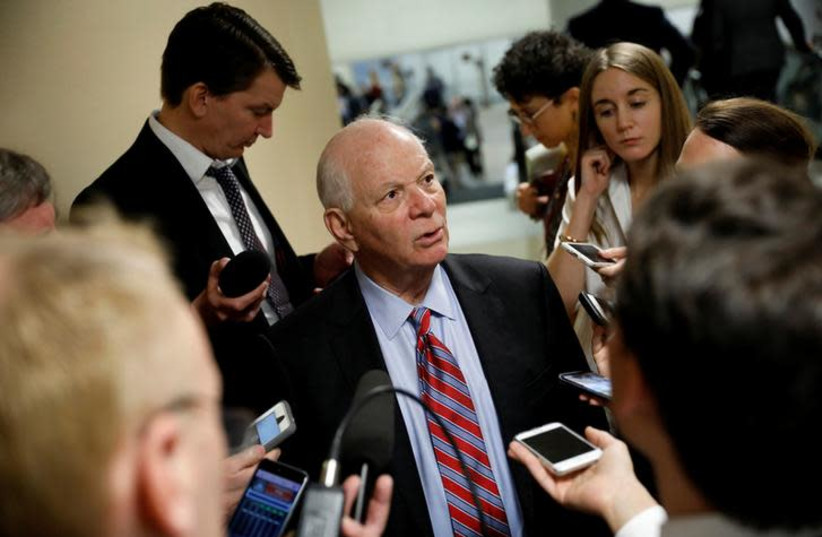In a shocking turn of events, a prominent lawmaker has found himself embroiled in controversy following reports of an incident in his office that raised eyebrows and ignited public outrage. Details surrounding the affair have surfaced, showcasing a breach of professional decorum that many have deemed unacceptable. As the story unfolds, it has captured the attention of both the media and the public, leading to calls for accountability and transparency.

The incident allegedly occurred during regular office hours when the lawmaker was reported to have engaged in intimate activities with a companion. Eyewitness accounts and sound recordings have suggested that the encounter was not only inappropriate but also loud enough to attract attention from other staff members nearby. This has led to questions about the consequences of such behavior in a setting that is typically associated with professionalism and public service.
The reactions to the news have been swift and critical. Opponents of the lawmaker have seized the opportunity to call for his resignation, citing a breach of trust with constituents who expect their representatives to uphold high ethical standards. Many constituents have expressed disappointment and outrage, questioning how someone in such a position could behave in such a manner. Social media has been ablaze with commentary, with many users sharing their disbelief over the incident and demanding accountability.
The lawmaker, when approached for comment, acknowledged the incident but sought to downplay its significance. He claimed that the encounter was a private matter and insisted that it would not impede his ability to carry out his duties. However, this defense did little to quell the public outcry. Critics argue that the work environment should maintain a standard of professionalism and that personal conduct should reflect the responsibilities of public office.
As the story continues to develop, experts in ethics and political accountability have weighed in on the implications of such behavior. They argue that public figures must be held to a higher standard due to the nature of their roles. Trust, they assert, is a fundamental component of effective governance, and incidents like this can undermine that trust, eroding public confidence in elected officials.



